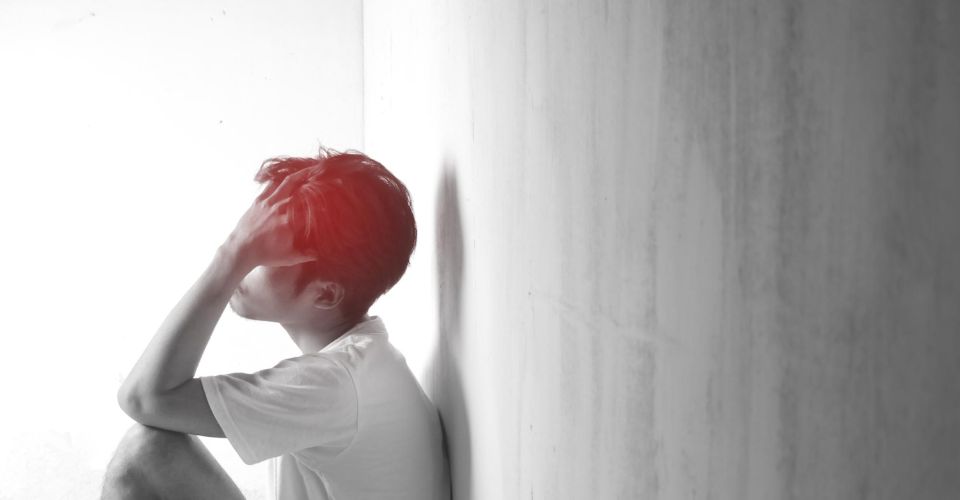Understanding a Modern Crisis
In today’s fast-paced world, anxiety crisis is becoming a growing concern in India. A 2020 survey revealed that 88% of Indians experienced anxiety after the pandemic, signaling a nationwide mental health epidemic. While awareness is on the rise, experts warn against the over Pathologization of this natural human emotion.
Adya’s Story
Take Adya, a 28-year-old graphic designer, who recalls being an anxious child in a tense household. In 2019, her anxiety spiraled after a breakup, leaving her feeling isolated. Her journey reflects the struggle many face—unsure whether their anxiety is a normal response to stress or a clinical disorder.
Is Anxiety Increasing?
Anxiety disorders are among the most common mental health conditions worldwide. Some studies claim a 55% rise in cases between 1990 and 2019, linked to urbanization and socioeconomic pressures. However, others argue that anxiety has always been prevalent but is now better documented and understood.
What is Anxiety?
Anxiety once had an evolutionary purpose, helping humans survive threats. But in today’s world, it often feels overwhelming. Psychologists like Mansi Poddar stress that anxiety is a universal experience, blurring the lines between normal emotions and clinical disorders.
The Role of Social Media and Capitalism
The rise of social media has brought mental health discussions into the mainstream but also contributed to misinformation. Unqualified influencers often blur the line between everyday stress and clinical conditions. Meanwhile, the wellness industry capitalizes on anxiety with quick fixes, from herbal teas to apps, further complicating the issue.
India’s Mental Health Landscape
Despite increased awareness, mental health resources in India remain limited. With only 0.75 psychiatrists per 100,000 people, therapy is expensive and inaccessible for most. Meanwhile, tech-based solutions like mental health apps are growing but may lack long-term sustainability.
Structural Challenges
Experts emphasize that anxiety is often a symptom of larger societal issues, such as economic instability, lack of green spaces, and overstimulation. Addressing these root causes requires systemic changes rather than individual solutions.
Alarming Statistics on Anxiety in India
A recent survey found that 74% of Indians suffer from stress, and 88% reported increased anxiety after the pandemic. This shows how widespread the issue is, but it also highlights a positive shift—more people are talking about mental health than ever before.
When Does Anxiety Become a Disorder?
One question everyone faces is: when is anxiety normal, and when does it need treatment? Psychologists explain that the line isn’t always clear. Anxiety can range from temporary nervousness to long-term disorders like Generalized Anxiety Disorder (GAD). However, experts caution against over-labeling every emotional struggle as a mental illness. “Not every worry needs a label,” says psychologist Mansi Poddar. “Sometimes, it’s just part of being human.”
Anxiety is part of being human, yet its rise in India highlights deeper structural and cultural challenges. To truly address this crisis, we must look for ways coping with anxiety and focus on creating an environment that nurtures well-being for all.






















Leave a Reply
You must be logged in to post a comment.